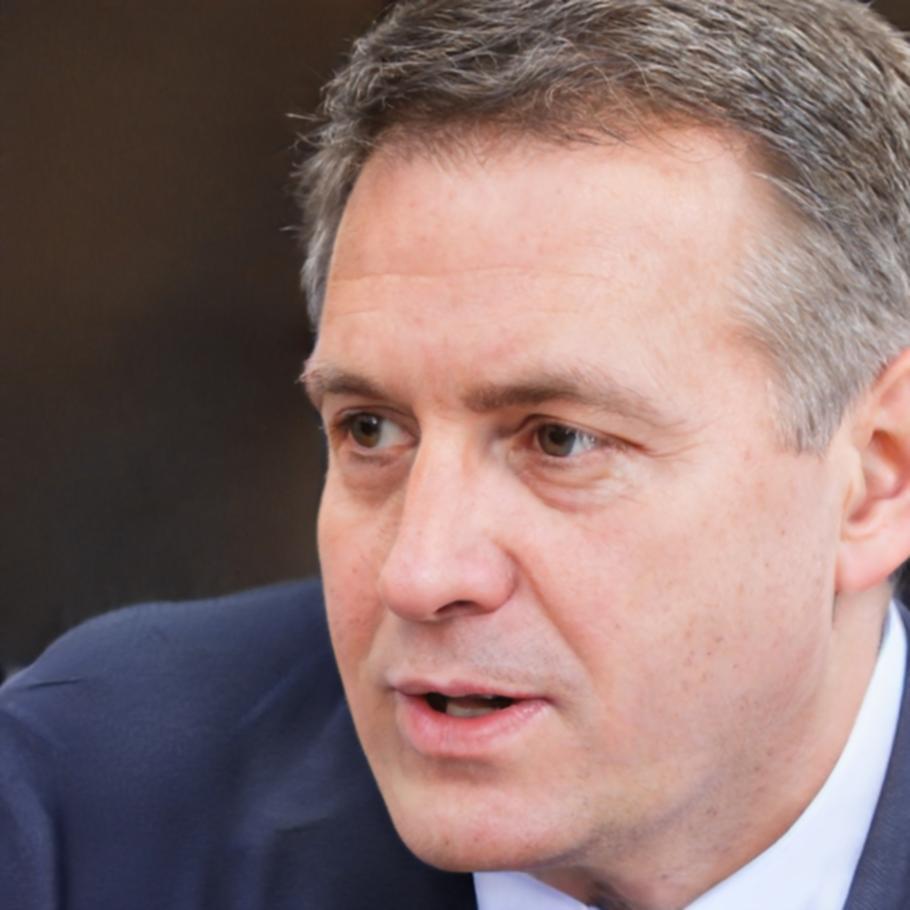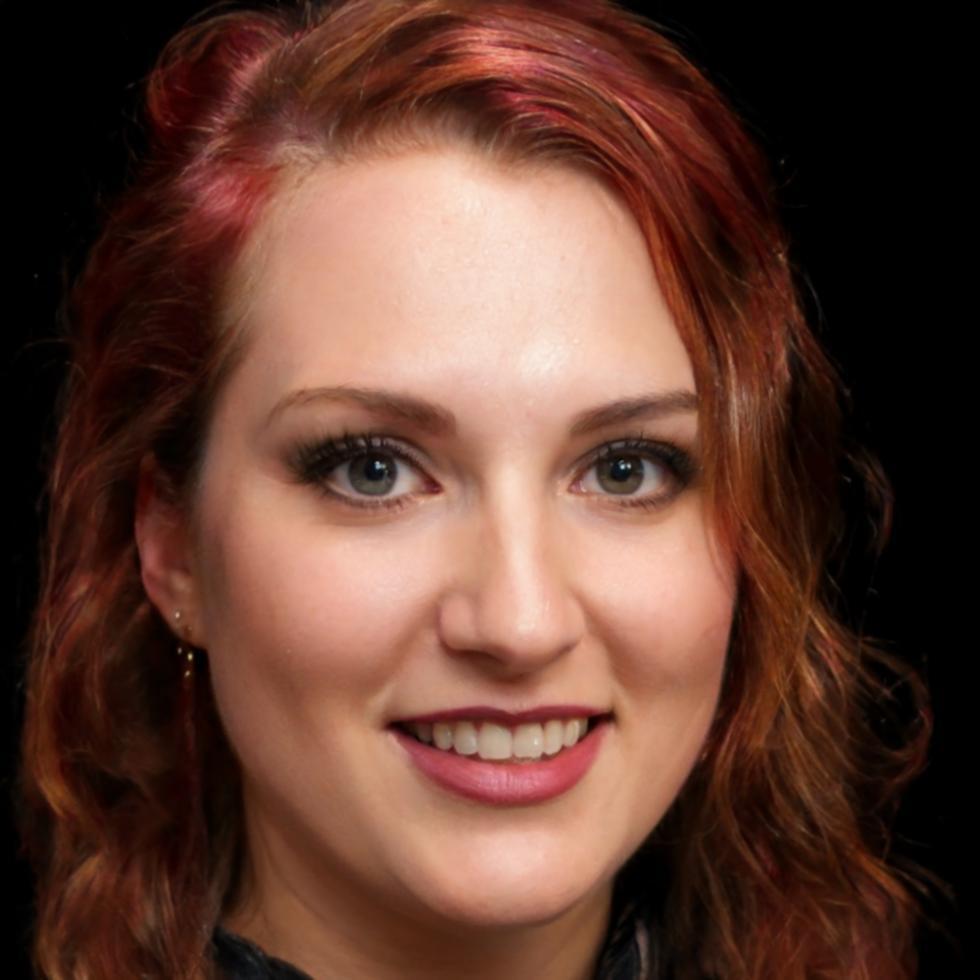Teaching Methods That Actually Work
Real-world financial education built around practical application rather than theoretical concepts. Our approach connects Australian business owners with strategies they can implement immediately.
Explore Our Program
Beyond Traditional Business Education
We've spent years refining our approach based on feedback from Australian entrepreneurs. These methods emerged from real challenges our students faced while building diversified revenue streams.
Case Study Immersion
Students work through actual business scenarios from Australian companies. Each case study presents real financial data, market conditions, and decision points that entrepreneurs face when diversifying their operations.
Peer Learning Networks
Small groups tackle complex diversification challenges together. This mirrors how successful business owners actually learn - through conversations, shared experiences, and collaborative problem-solving with other entrepreneurs.
Implementation Tracking
Students develop actual business plans during the course, then receive guidance as they implement key strategies in their own ventures. This bridges the gap between classroom theory and marketplace reality.

Benjamin Dalworth
Lead Educator
Learning Through Real Experience
Most business education programs focus on memorizing frameworks and formulas. But when you're sitting in your office at 2am trying to figure out whether expanding into a new market makes financial sense, you need practical judgment more than textbook knowledge.
We structure learning around the questions Australian business owners actually ask: How do I evaluate new revenue opportunities? What financial metrics should guide my diversification decisions? How do I balance risk when expanding into unfamiliar markets?
This approach means students leave with strategies they've already tested rather than concepts they hope to remember when they need them.

Elena Cartwright
Strategy Consultant
The Iterative Learning Model
Traditional education follows a linear path - learn concept A, then B, then C. Business doesn't work that way. Market conditions change, opportunities emerge unexpectedly, and successful entrepreneurs adapt quickly.
Our methodology mirrors this reality. Students revisit core concepts multiple times throughout the program, each time with deeper understanding and more complex applications.
Spiral Progression
Key concepts reappear in different contexts, building deeper understanding through repetition and variation.
Adaptive Pacing
Students move faster through familiar territory and spend more time on challenging new concepts.
Context Switching
Learn diversification through retail, then manufacturing, then services to build flexible thinking patterns.
Mistake Integration
Failed strategies become teaching moments, helping students understand why certain approaches don't work in specific contexts.
How Learning Actually Happens
Students move through our program in phases that match how successful entrepreneurs actually develop their diversification skills. Each phase builds on previous learning while introducing new challenges.
Foundation Assessment
Students analyze their current business model and identify potential diversification opportunities. This isn't theoretical - they work with their actual financial data and market position to understand where they stand today.
Market Analysis Practice
Using real Australian market data, students learn to evaluate new business opportunities. They practice on industries they're not familiar with to develop transferable analytical skills rather than just selvarinoz expertise.
Strategy Development
Students create detailed expansion plans for their own businesses. These aren't academic exercises - they develop strategies they could realistically implement within 6-12 months of program completion.
Implementation Support
During the final phase, students begin executing their strategies while receiving ongoing guidance. This ensures they can navigate the inevitable challenges that arise when theory meets reality.
Ready to Experience Different Learning?
Our next cohort begins in September 2025. Spaces are limited to maintain the collaborative, hands-on environment that makes our approach effective.